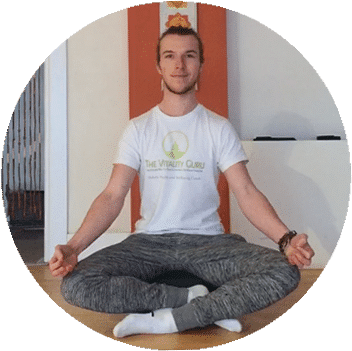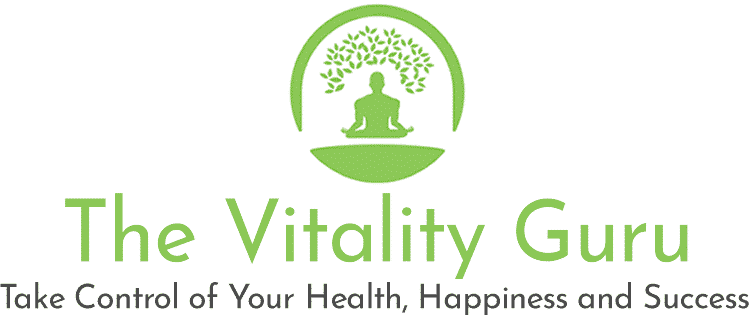

George Cook
The Benefits of Mindfulness
Friday 7th February 2020
Over the past couple of years, the practice of mindfulness has continually grown from a what seemed to originally be like a rather mundane and useless exercise to one that’s continually proving to be tremendously beneficial to people from those struggling to manage their stress levels all the way through to those struggling with psychological health issues.
In recent years, the practice of mindfulness has not only made its way into the education system and is now being taught in primary schools across the country, but further more with the clinical evidence to back it up, it’s made its way into the health care system as an accepted form of complementary therapy for things such as depression and anxiety disorder.
What Is Mindfulness?
To keep it brief, mindfulness is simply the practice of becoming more mindful of what you’re doing, whilst you’re doing it. Sounds simple right? Well it kind of is and isn’t. It’s a basic principle that requires time to master. Usually mindfulness is practiced through the exercises such as meditation, yoga and deep breathing, however ultimately it can be practiced during any moment of the day no matter what you’re doing – this generally tends to be a little more challenging however so meditation and breathing exercises are a great place to start.
Many of us throughout our day, although we’re not always aware of it, we inherently spend a lot of time up in our heads – thinking, worrying, stressing, contemplating, imagining, planning, remembering, analysing you name it. The list could go on. All the while we’re doing these things, our attention is taken away from our objective outside world and wrapped up in the idea we have in our minds about it instead.
What this does is causes many of us to become unknowingly wrapped up in our minds, in fact psychology today states that about 90-95% of all our thoughts, emotions and actions which although can be a useful tool in certain situations, over time becomes a very unpleasant and challenging way to live our lives – often leading to symptoms of depression, anxiety disorders and even paranoia to arise if things are kept this way consecutively. This is where mindfulness comes in – which is not to be confused with the term ‘mind-fullness’ as it phonetically sounds. In fact mindfulness is almost the opposite experience – not to say ones mind is empty, instead it isn’t just consistently occupied with noise.
"Mindfulness is simply the practice of becoming more mindful of what you're doing, whilst you're doing it."
The Benefits
The benefits that can be obtained from mindfulness is entirely subjective to the individual and their needs and expectations from the practice. However there appears to be a common overlay in experiences which often include reports of improved stress management, lowered rates of anxiety, improvements to symptoms and feelings of depression, increased joyfulness and excitement for life and even people finding a whole new parts of their character which they never knew existed before.
The reason mindfulness is so broadly beneficial is because like meditation, although you’re performing the same activity as the person next to you, the experience you have is going to be entirely unique to you. Mindfulness is all about regaining conscious awareness throughout your day. As opposed to driving to work and thinking/stressing/panicking or worrying about the work ahead, you’re simply driving and enjoying the experience for what it is.
Surely There Must Be More?
Of course there’s always more, and just like any form of self-improvement, the journey is endless but is rewarding very early on. As to how mindful you become, that’s a personal choice. A zen master, a Buddhist monk or a black belt in Shaolin Kung Fu would be someone who one could say as having reached one of the most mindful states of awareness.
On the opposite end of the spectrum, someone who is seems completely trapped inside their head, possessed by violently repressed emotions and trauma and often acting out in ways that are may be terrorising, harmful or even abusive to others completely lacks any sense of conscious, mindful awareness to what they’re doing.
Of course the vast majority of us doing need to venture to these extremes, you may have done, i’m sure you could do but for others, it’s about finding a mindful balance in our lives – being mindful about what we eat and about what we’re doing, being present whilst were with our family and friends, being aware of our emotions and learning not to suppress or hide from them etc.
How Do I Become Mindful?
As I mentioned early, you don’t need to meditate to be mindful – but it may help.
To become mindful and to practice mindfulness simply requires your attention to whatever is going on this current exact moment. Become aware of any outside noises you’re hearing whilst you read these words. Become aware of your breathing and learn to feel yourself breathing a little deeper. Next time you take a shower, focus on feeling the water on your skin instead of what you’ve got to do hours later. Next time you eat your dinner, focus on the taste of the food rather than what’s on the television etc.
Simply do what you’re doing 100% every now and then. Become aware of what you’re doing whilst you’re doing it. As opposed to doing one thing and thinking about another. If you’re not sure where to start, feel free to check out my 15 minute Guided Mindfulness Meditation below which can help ease you into the process and get an understanding for what you’re doing.

